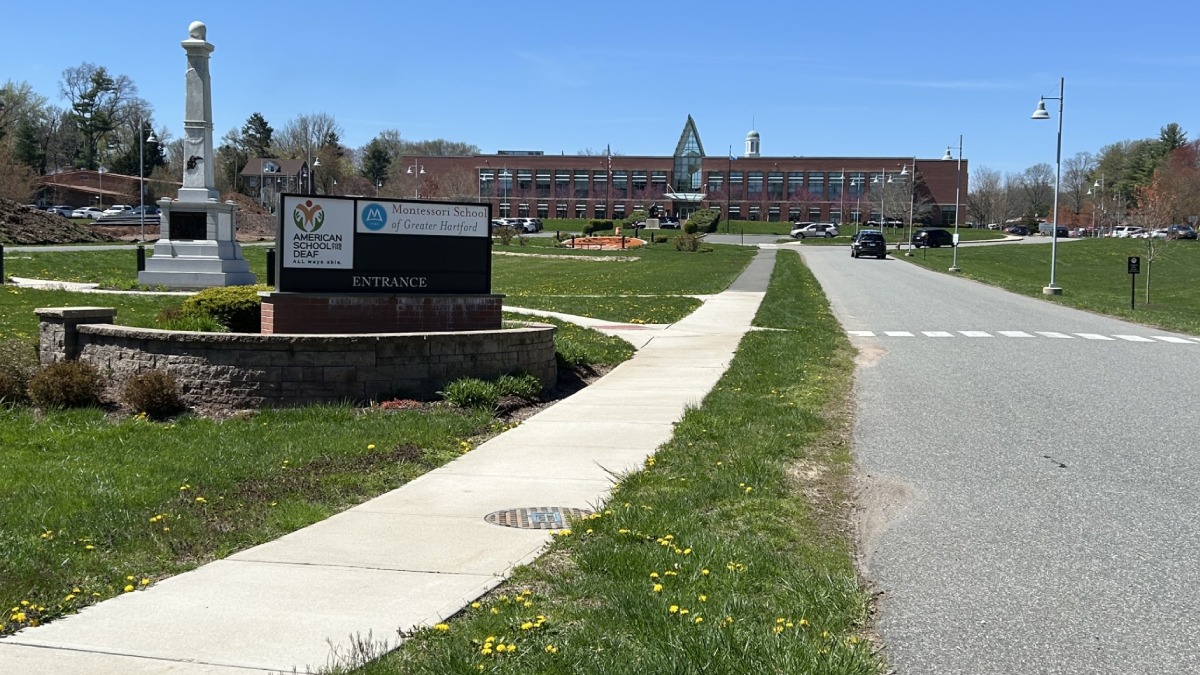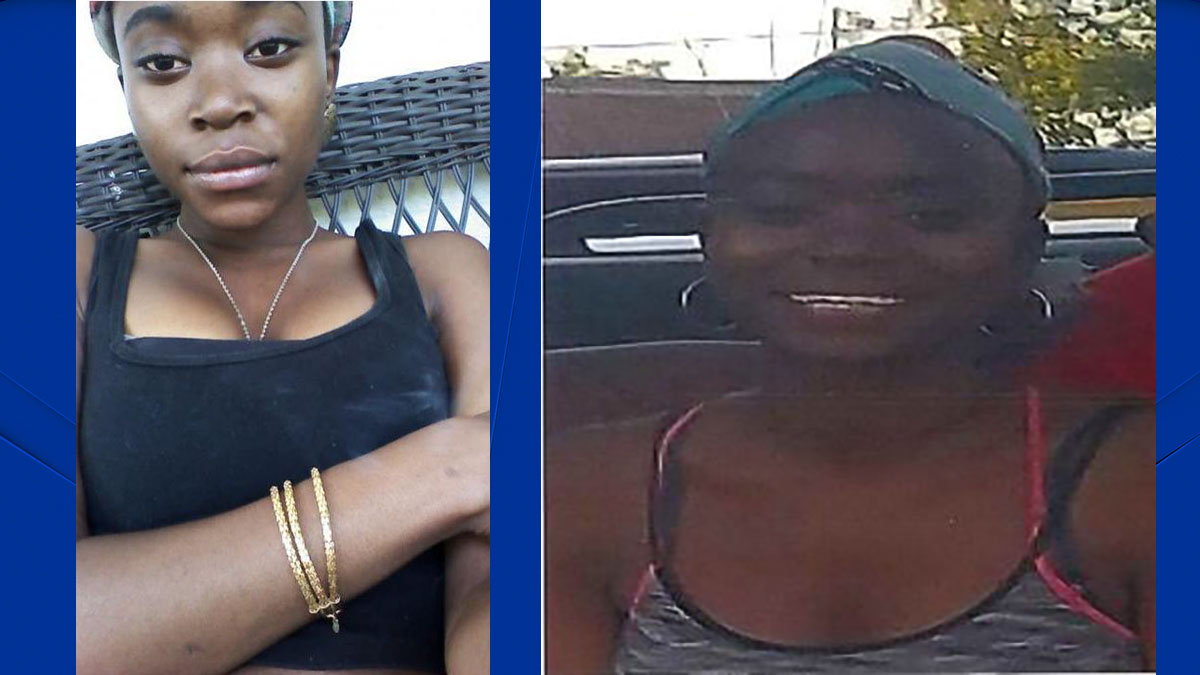Experts are concerned about how the COVID-19 pandemic will impact those who suffer from Seasonal Affective Disorder, or SAD.
"The pandemic conditions plus the winter season -- a lot of people will find this is a very difficult next few months," said Dr. Paul Desan. "It's not your imagination."
Desan is director of the Winter Depression Research Clinic at Yale New Haven Hospital. He has been studying seasonal depression for decades.
"About five percent of people have really serious disturbances of their energy, their mood, their sleep, their appetite during the winter," Desan said. "It is really quite a significant public health problem."
Seasonal Affective Disorder is a clinical diagnosis and is considered a variant of major depression. According to Desan, an even larger group of people suffer seasonal changes that may not rise to the level of a clinical diagnosis, but that are still problematic enough to receive treatment.
"Their energy is poor, they don’t feel like doing things. They are eating more, their sleep is off," explained Desan.
The symptoms of seasonal depression can be made worse by the pandemic.
Local
"In pandemic conditions, people are indoors, they are not exposed to bright light, they tend to sleep-in in the morning," said Desan. "Add to that, that we are all under this very special overwhelming stress of this awful illness. I think we are already seeing an increased number of people coming into the clinic not feeling right."
Desan said that one of the most effective treatments for people suffering from seasonal changes is exposure to bright light.
"Typically we want 10,000 Lux, that is like being outdoors, before 8 a.m. That makes a dramatic difference for most people," said Desan. "The majority of people who come in with that complaint, we expose them to bright light in the morning and they get their life back.”
Beri Williams, of Manchester, says she reached out to a therapist after experiencing seasonal changes.
“I think as soon as it gets dark really early and I am going to work when it is dark and I am coming out of work when it is really dark, you just really don’t have a desire or a motivation to do very much of anything," said Williams. "Really altering and affecting my work life and my social life."
After reaching out for help, Williams started using a light box daily.
“It just lights up the room. It feels like the sunshine is on your face and it makes you feel a little lighter," said Williams.
Desan warns that not all light boxes work the same. His team researched the efficacy of various light treatments. The information from their team can be found here.
In addition to a proper light treatment, Desan stressed the importance of maintaining a healthy lifestyle and seeking support this pandemic winter.
“It all adds up," said Desan.



